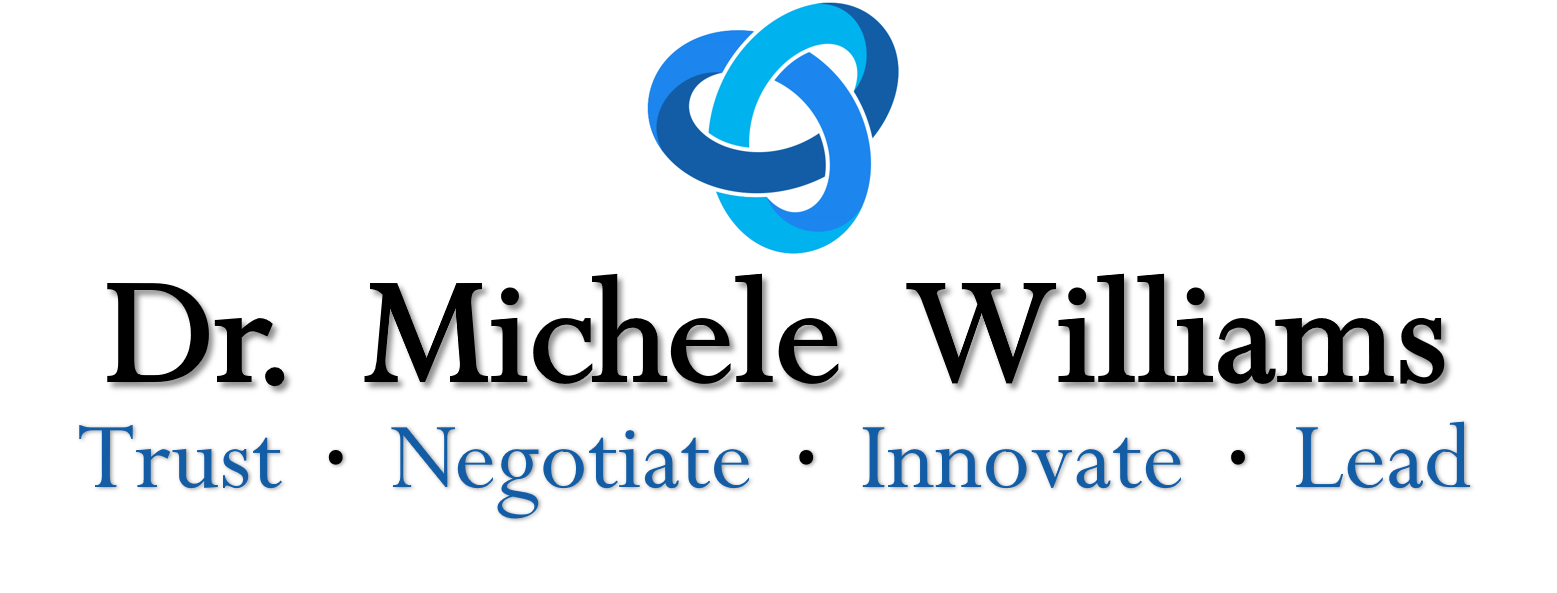Is Fear Sabotaging Your Ability to Negotiate? Part III: How You Feel
Welcome to part 3 of this 3 part article, Is Fear Sabotaging Your Ability to Negotiate? In part 2, I discussed fears related to how people will treat you and offered research-based tips and tools for more effective collaboration at work. Today, I will discuss two fears related to the feelings that may arise during a negotiation: The fear of experiencing negative emotions and the fear of having to deal with other people’s negative emotions.

Fears related to How You Feel (uncomfortable, guilty, inadequate, shame, incompetent, unworthy)
The final large category of fears stems from discomfort related to your own emotions and those of your counterparts. Many workplace cultures emphasize the rational over the emotional. Yet, emotions are common during many workplace actions such as asking for help or jointly planning or managing a team project. Emotions also influence our willingness to enter into negotiations with others who provoke our negative feeling. For instance, in Casciaro, & Lobo, found the people’s fear of negative interactions with people who were likely to treat them in a demeaning way often prevented them from asking for help from colleagues who are experts, in their terms competent jerks. While people often avoid others who make them feel worthless or inadequate, in a negotiation context it can prevent you from asking for what you want or persisting in a negotiation. Similarly, if you are high on empathy or susceptible to emotion contagion (catching the feeling of other), you may avoid negotiating with people who frequently exhibit high levels of negative emotions and this avoidance may extend to topics and decisions that are likely to evoke strong negative emotions in others. Emotion management (regulating your own emotions) and Emotion Influence (taking actions to regulate other people’s emotions) can help you persist in a negotiation without becoming uncomfortable or overwhelmed by negative emotions. It can also help you build stronger relationships and generate positive emotions that can facilitate creative thinking about possible win-win outcomes.

1. Fear of experiencing negative emotions
TO DO: Emotion Regulation. Chuck Wolfe, an emotional intelligence consultant (https://www.cjwolfe.com/), author of the Emotional Roadmap, has suggests asking yourself 4 key questions, two of which provide insights necessary to manage your own emotions: How do you feel? How do you want to feel? The other two questions help you influence the other side’s emotions: And how do they feel? And how do you want them to feel?
These questions provide a practical guide to implementing research on emotion. Asking yourself how you feel or how you will feel when interacting with an abrasive or condescending colleague, promotes emotional awareness and prevents your feelings from driving your behavior. When you know how you feel and why, you have a better chance of managing those feelings or actively influencing the other person’s behavior. For instance, you may reframe the “ask” as an evil necessary to gain the expertise you need, thus regulating your own emotions. Or you could change the situation, by asking the abrasive colleague for help in front of the boss, who has just spoken to the team about the importance of team work, or during a team retreat, when everyone is relaxed. In one case, invoking anxiety about evaluative scrutiny might promote more positive behavior and in the second, positive feelings may promote helpfulness.
2. Fear of having to deal with other people’s negative emotions
TO DO: We attempt to influence other people’s emotions all of the time in small ways, from smiling to bringing someone a cup of coffee. However, (1) all methods of influencing others’ emotions are not equally effective and (b) in an negotiation situation your own emotions can get in the way of influencing others.

About the Author

Dr. Michele Williams (University of Michigan, Ph.D.) is assistant professor and the John L. Miclot Fellow in Entrepreneurship at the Tippie College of Business, University of Iowa. She is also a scholar with Cornell University’s Institute for Health Futures and with the Smith Family Business Initiative at Cornell’s Johnson College of Business.
Michele has taught negotiations to executives, startups, MBAs and undergraduates at leading schools of management for over 10 years. She is co-author of the Four Capabilities Leadership Assessment—an online 360° assessment used by organizations to enhance the leadership potential of managers. She speaks internationally on topic related to her research on trust, sustaining high-performing work relationships and women in business and entrepreneurship.
Follow Michele on Twitter @MicheleWilliamz.
©2019 Michele Williams. All Rights Reserved.
